Big business ready for climate clampdown: Brambles
Major ASX-listed companies will meet in Melbourne this week ahead of the introduction of a new climate reporting regime next year.
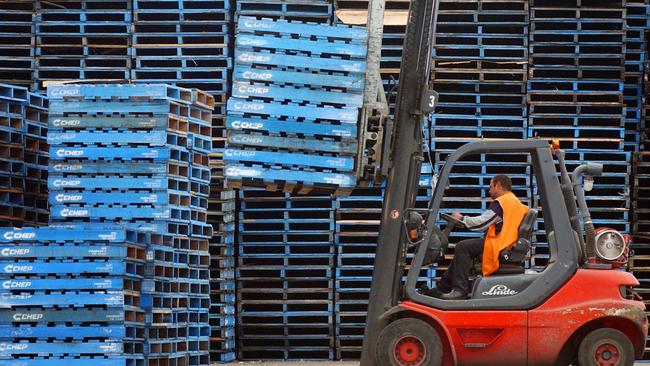
Major Australian companies are well placed to cope with the introduction of mandatory climate change reporting due to begin next year as they already have been complying with global standards, Brambles Industries global head of decarbonisation Marisa Sanchez Urrea says.
The Spain-based executive is in Australia for a meeting of the UN Global Compact in Melbourne on Thursday. Ms Sanchez Urrea said many large ASX-listed companies already were reporting in line with the Task Force on Climate-Related Financial Disclosures, first issued in 2017.
“At Brambles we are monitoring the requirements being developed here for mandatory reporting,” Ms Sanchez Urrea told The Australian. “Most ASX-listed companies should be in a relatively good place when things become mandatory (in Australia) as they felt TCFD reporting was mandatory for themselves.
“It was not an option. We had to do it. There will not be a lot of difference between making it mandatory (in Australia) and not, as we felt we had to do it anyway because of the expectations of our shareholders and customers.”
Brambles specialises in the supply of pallets and containers for the transport of goods for the food, beverage, retail and manufacturing industries.
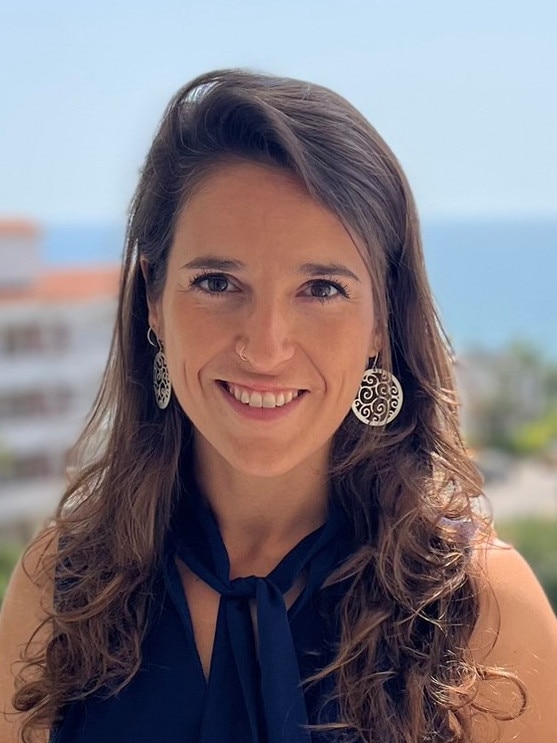
It operates in 60 countries, with its major activities in North America and western Europe.
At the meeting in Melbourne this week about 20 major ASX-listed companies will get together to exchange views on how to prepare for the new regime in Australia. While the mandatory reporting requirements in Australia are largely based on the principles of the TCFD, there are some modifications being considered to suit local conditions.
“The ASX-listed companies which will be the ‘advanced reporters’ (under the proposed mandatory reporting regime) will be getting together to exchange learnings and knowledge on the topic and prepare ourselves for what is coming,” Ms Sanchez Urrea said.
She said working on strategies to reduce emissions to net zero would involve collaboration between companies to exchange ideas on best practices, as well as working closely with customers and suppliers to reduce their carbon emissions.
Reducing scope three emissions – emissions in a company’s value chain from suppliers to customers – was one of the most challenging issues facing companies in their move to net zero, she noted.
Brambles announced in June that it would bring forward its goal of reaching net-zero emissions by a decade to 2040.
This involves having carbon neutrality in its own operations – scope one and two emissions – and having 100 per cent renewable energy in its own operations by 2025.
But Ms Sanchez Urrea said the real challenge would be achieving its target of reaching net-zero emissions by 2040 in relation to its scope three emissions, which made up 97 per cent of the company’s total emission profile.
Sixty-four per cent of this related to the subcontractors it used to transport its pallets and containers. Brambles’ strategy includes committing to the interim target of reducing scope one and two emissions by 42 per cent (on 2020 levels) and scope three emissions by 17 per cent by 2030.
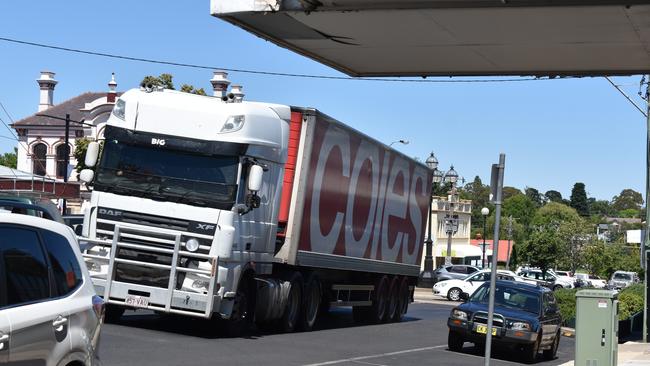
Ms Sanchez Urrea said Brambles’ carbon reduction strategies included having more discussions with major customers such as Coles on ways to share transport “lanes”.
“At Brambles, we often travel in the opposite direction from our customers,” she said.
“We are looking at ways of seeing if we can fill empty trucks (which have delivered goods to retailers) with our pallets to take them back to our service centre.
“That’s something we are doing with Coles and many of our other customers globally.
“It makes financial sense for us by removing unproductive transport ‘lanes’ from the supply chain as well as improving things from an environmental perspective.
“We’ve got a very good relationship with Coles, and we have done a fair bit of work with them on transport collaboration.”
Ms Sanchez Urrea said this program had already eliminated more than 38,000 truck kilometres and saved 320 tonnes of carbon dioxide emissions in Victoria.
Coles sustainability, governance and engagement head Anna Stewart also will present at the UNGC conference in Melbourne.
Ms Sanchez Urrea said Brambles’ other strategies included looking at ways to shift transport from road to rail and sea, increase use of electric trucks and forklifts, and increase the use of renewable diesel fuel for trucking.
She said Brambles had trialled the use of medium-sized electric trucks in Australia with Team Global Express, which delivered some of its pallets.
There was no “one size fits all” approach for companies to cut emissions but there were common challenges facing companies, which could benefit from sharing experiences and collaboration.
Brambles also was keeping an eye on the federal government’s plans for electric vehicles in Australia, Ms Sanchez Urrea said.
And it was watching the government’s plans to develop sector-specific schemes to get to net zero, including the one being developed for the transport industry.
“We are excited to see what comes out of that process as it relates to the freight sector,” Ms Sanchez Urrea said. She said there could be policy developments in Europe that could be applied to Australian settings.
President Joe Biden’s Inflation Reduction Act also was encouraging a lot of new investment including the purchase of more electric vehicles and the roll out of charging stations in the US.
Ms Sanchez Urrea said Australia had the potential to develop a green hydrogen industry given the extent of its solar power.
“In Australia you have the potential to develop the green hydrogen industry, which could be an alternative for us in the freight business,” she said. “There’s a lot of interest in the technology. Let’s see how it develops.”
She said green hydrogen also could be used by other companies involved in heavy industry and shipping. “Australia can be a solar energy superpower, which could make the economics of green hydrogen work,” she said.
But the future electricity mix of different countries would be shaped by the resources available to them.





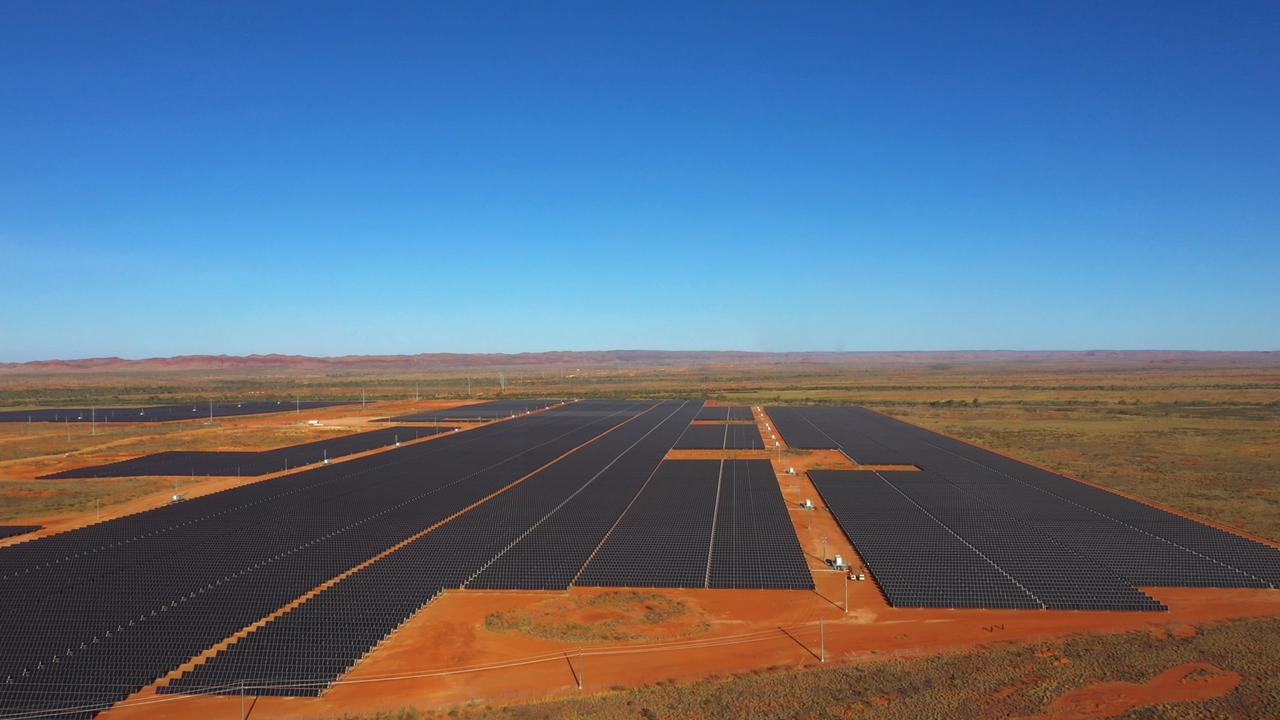
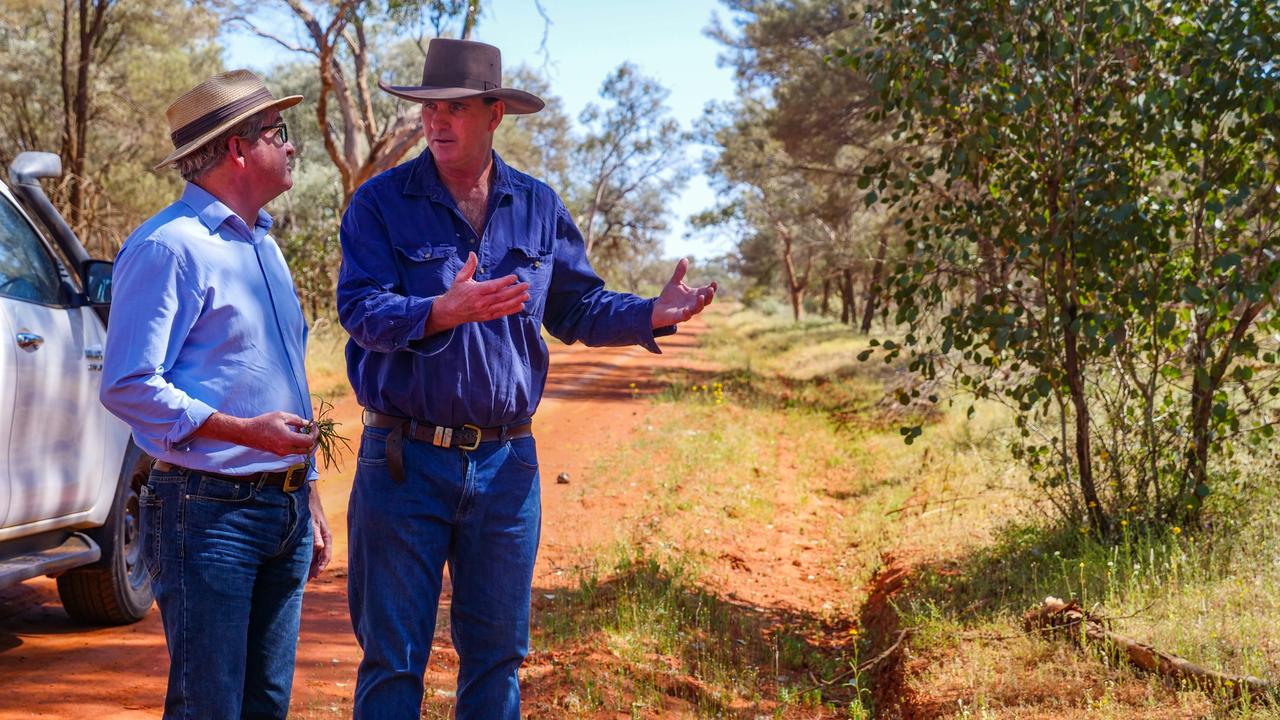
To join the conversation, please log in. Don't have an account? Register
Join the conversation, you are commenting as Logout